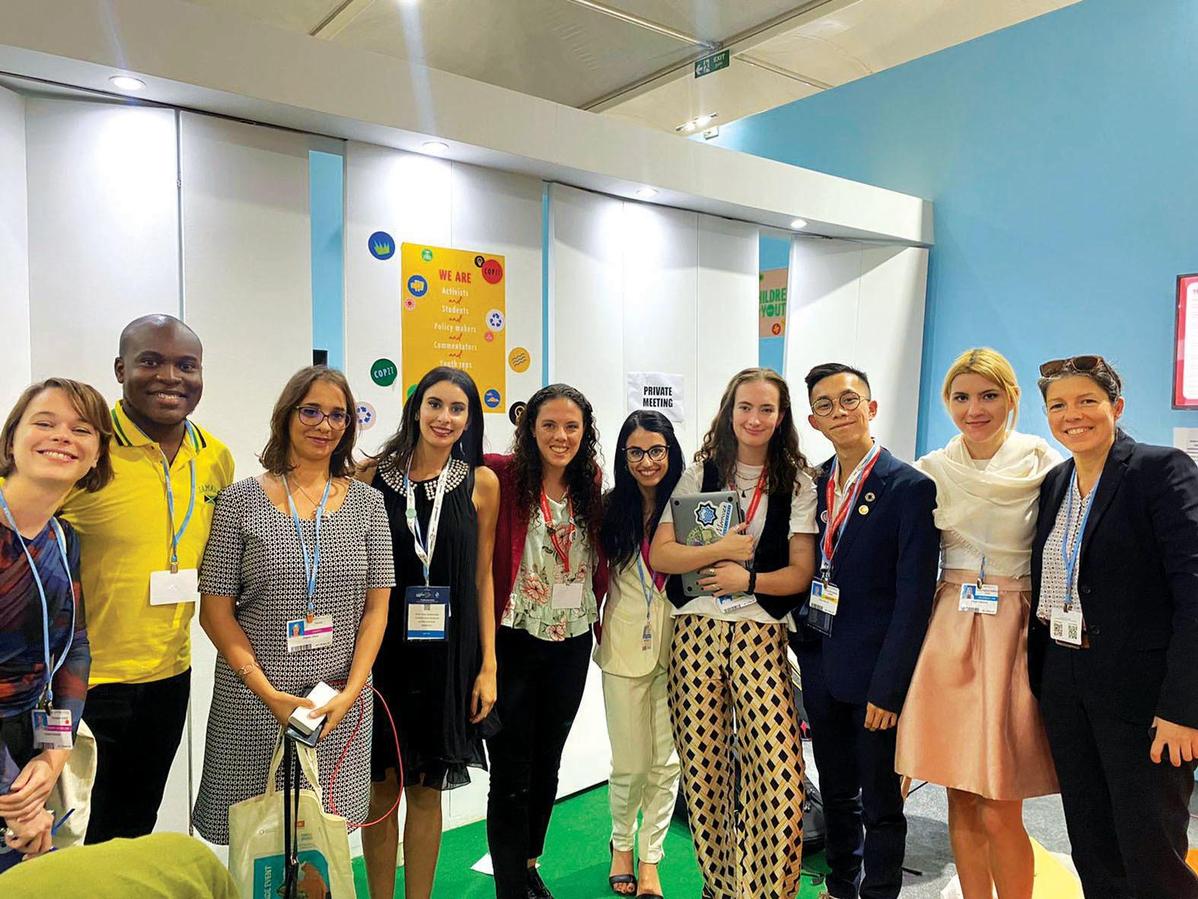Roaring young force in climate fight


Expanding education
However, the SAR's youth climate change movement is still in its infancy and has yet to be built up. Greenpeace East Asia campaigner Tom Ng Hon-lam says the scale of the movement "isn't big enough", partly because young people in Hong Kong lack a comprehensive awareness of the issue due to inadequate education on climate change. Despite the efforts of many NGOs and advocates to raise awareness of climate change among youth, it's far from enough.
To develop "a sense of responsibility to protect the environment," the Environment and Ecology Bureau says the SAR government has been organizing a "Student Environmental Protection Ambassador" program, offering participants a series of seminars, workshops and field trips.
The government revealed its emissions reduction road map, "Hong Kong's Climate Action Plan 2050", in 2021, which aims to cut carbon emissions in half by 2035 from the 2005 levels and reach carbon neutrality by 2050. The document mentions that climate change-related contents will be included in the curricula of tertiary institutions.
Climate change, however, is still a subtheme in the government's campaigns and remains noncompulsory in local primary and secondary schools.
Ng says the education sector has to catch up with European countries where climate change is already embedded in students' textbooks. "If you want to make a difference in climate change, the first step is to learn more about it."
"I think it (climate change education) is quite crucial, especially nowadays, when it might seem a little bit farfetched" for Hong Kong residents, says Ryan Yip Yuk-long, who also attended COP27 as a member of Hong Kong's youth team.
"Recalling what we have learned back in primary and secondary school, all I could remember are the three-color recycling bins," says Yip, adding that he felt "something missing". It was only through very limited lesson hours in Liberal Studies - once a compulsory subject for senior secondary school students - that he could get a glimpse of climate change and sustainable development before he became a university student.
According to a joint survey conducted in January 2022 by Yip's advocacy group Climate Sense as well as the Hong Kong Public Opinion Research Institute, more than 90 percent of 4,790 respondents believed that climate change education should be given more emphasis in schools.
























